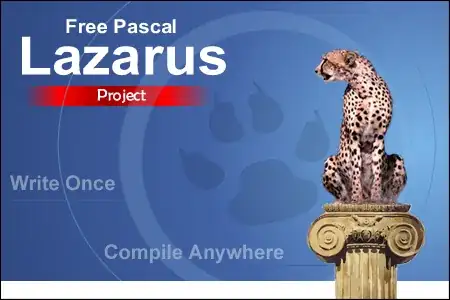I have been discussing a project with a client and they want to use a single language to deploy to as many platforms as possible.
(I am not sure that it's such a good idea, because each platform offers a different user experience and UI metaphor. In some cases, screen sizes vary as well. Also, iPhone is out of the running no matter what language we use. But, I digress...)
The project is going to display an arbitrary block of text each day and will track if the user has "read" it. Some other features on the table are "nags" and the ability to go to another days' text.
I know Flash from the CS3 days, and I think that translates into AIR, but I dont know if AIR can do what we want.
On the other hand, I have (a) little experience with Java or Python, but those seem like good contenders also.
Which language should I use here? Why?
Edit:
This is going to run on desktop platforms too.
